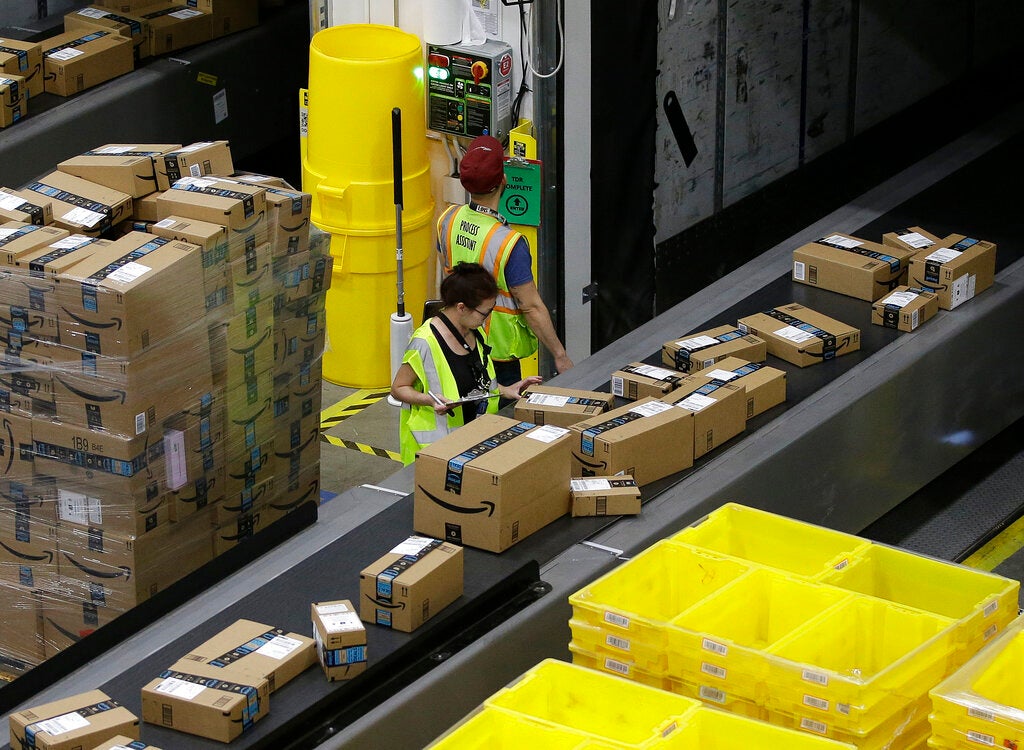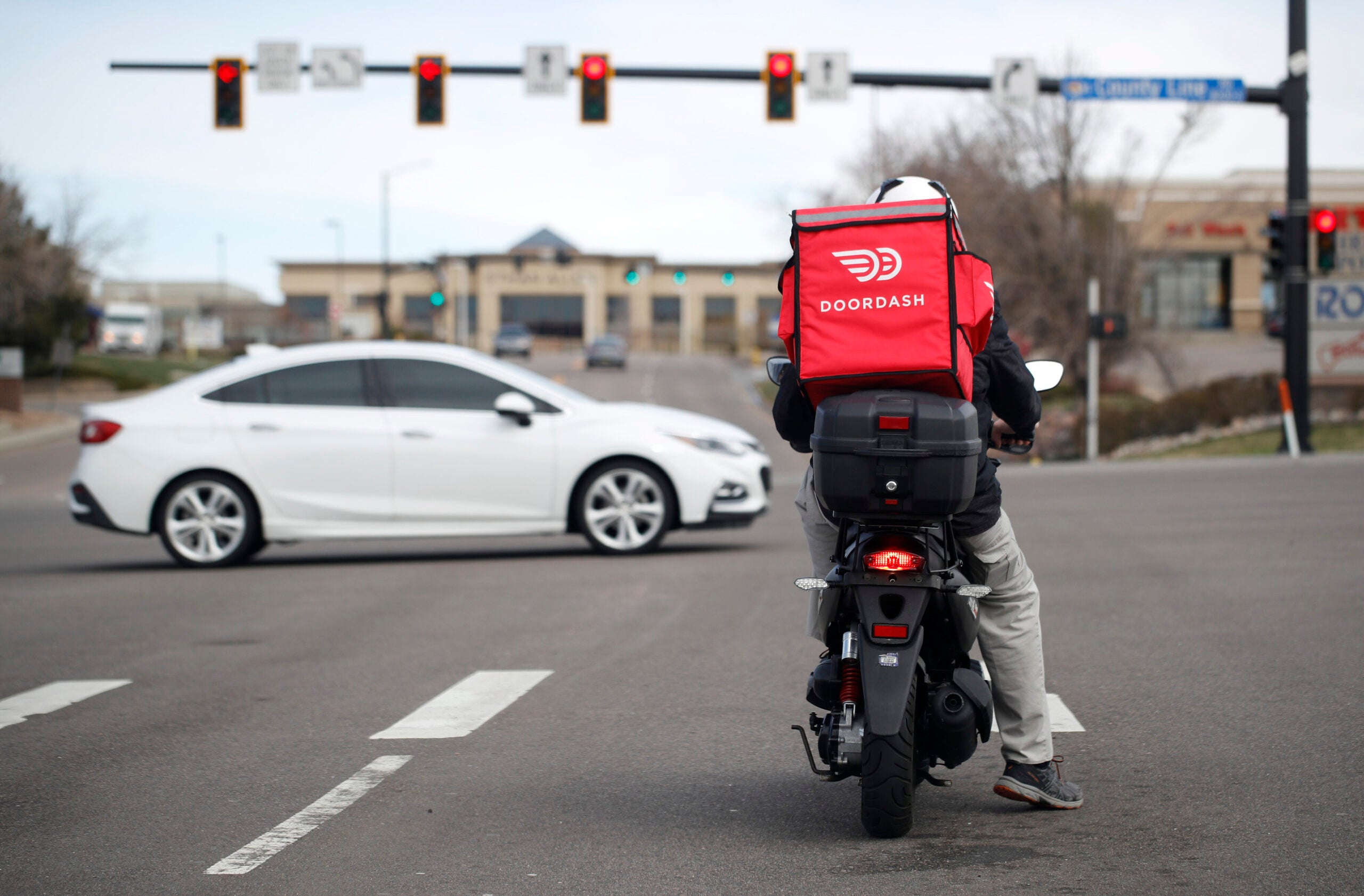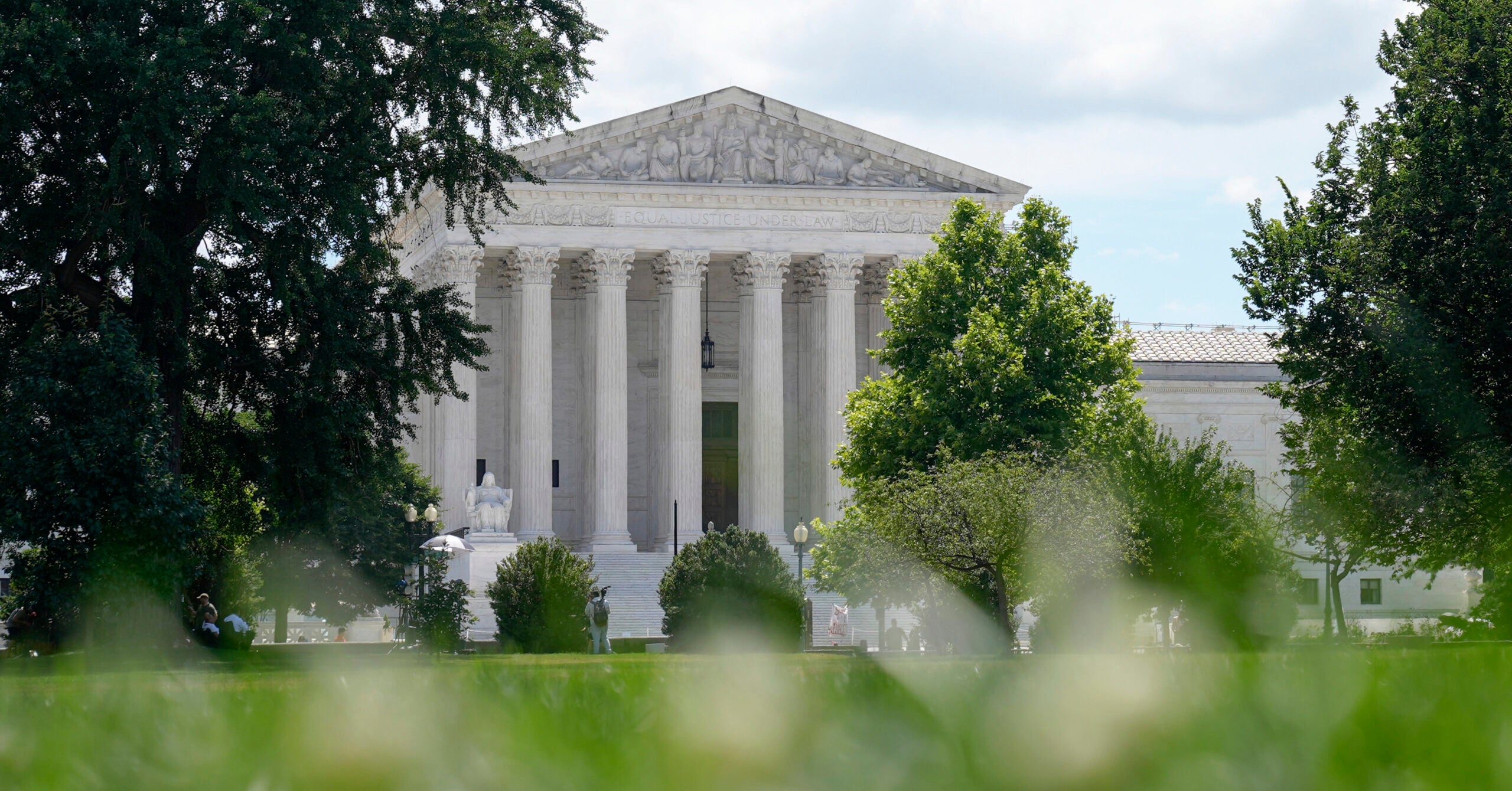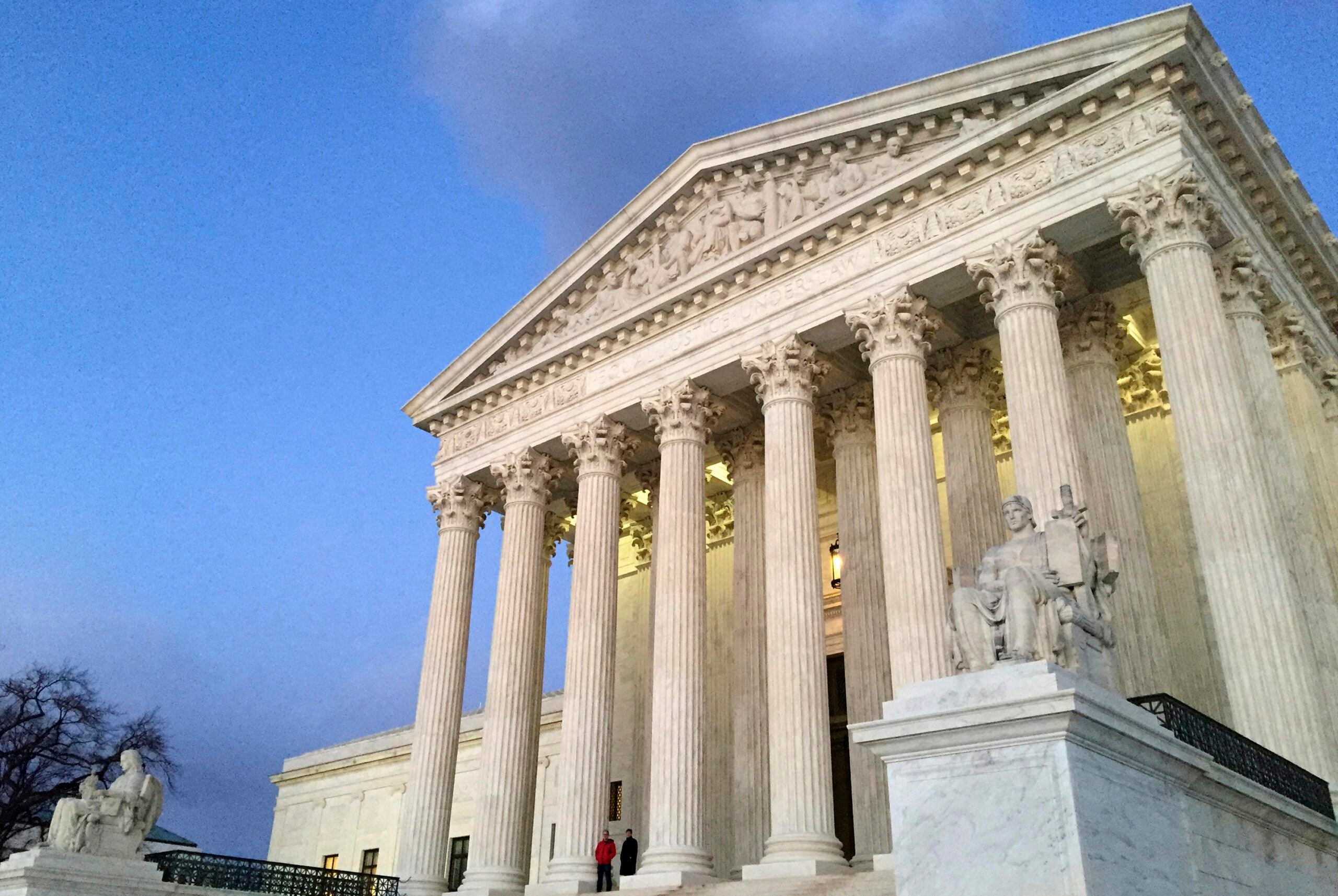The Wisconsin Supreme Court heard arguments Tuesday in a case that could hold broad implications for the state’s “gig economy” and how companies like Amazon pay into a fund for unemployed workers.
Justices are being asked to resolve a dispute between Amazon Logistics, Inc. and multiple state agencies that found the arm of the retail giant owed more than $200,000 in delinquent taxes to Wisconsin’s unemployment insurance fund. Amazon, the state argued, had misidentified employees as independent contractors.
The case stems from a 2018 audit by the Department of Workforce Development of Amazon Logistics, whose business model is similar to companies like Uber or DoorDash.
News with a little more humanity
WPR’s “Wisconsin Today” newsletter keeps you connected to the state you love without feeling overwhelmed. No paywall. No agenda. No corporate filter.
Employees of Amazon Logistics who got approved for the “Amazon Flex” program could download an app for their personal phones showing roughly two-to-four-hour time blocks when they could deliver packages for the company. Workers would show up to the Amazon warehouse in Milwaukee, use the app to scan packages, then follow a suggested route to deliver them.
The state DWD audited more than 1,000 people who worked for Amazon Logistics during portions of 2016, 2017 and 2018 and found that all but two qualified as “employees” under state law. That designation is significant because it requires a company to pay taxes to a fund that provides unemployment insurance to people who lose their jobs.
During oral arguments Tuesday, Department of Workforce Development attorney Ryan Farrell told justices the court had a long history of requiring businesses to pay their fair share to the state’s unemployment fund.
“When Wisconsin businesses misclassify their workers, they gain an unfair competitive advantage against their competitors,” Farrell said.
Justice Rebecca Bradley, one of the court’s conservatives, questioned whether Amazon Logistics’ workers fit neatly into the same categories as traditional employees who are covered by Wisconsin’s unemployment fund.
“Because, by definition, they choose when they want to work, they choose which apps they’re going to sign up for, and they make themselves available when it’s convenient for them,” Bradley said. “Does it make sense to have unemployment insurance for people who choose to what extent and when they’re going to be employed?”
The case hinges on when workers are considered ’employees’
At issue in the case is precisely how the term “employee” is defined when it comes to gig workers, and who gets to define it.
After DWD initially found that Amazon Logistics owed the backpay, the agency’s decision was upheld twice — first by an administrative law judge, then later by Wisconsin’s Labor Industry Review Commission, or LIRC.
Amazon Logistics challenged those decisions in court, with mixed results. In 2021, Waukesha County Circuit Court Judge Michael Boren ruled that the company had proven that its workers were not “employees” under the law. Then in April, a state appeals court overturned Bohren, ruling against Amazon and in favor of the state.
Further muddying the waters is how lower courts, and LIRC, arrived at their decisions.
Under Wisconsin law, a company can demonstrate its workers are independent contractors, and not employees, if they satisfy six of nine factors. For example, if a person has multiple contracts, they satisfy one of those criteria. If they are not “economically dependent” on a single employer, they satisfy another.
LIRC found that the workers in question satisfied only one of the nine criteria, meaning Amazon should have paid unemployment taxes to the state. Judge Bohren ruled that the workers satisfied all nine criteria, meaning the company was exempt. The Court of Appeals put the number at five.
When DWD initially argued its complaint against Amazon Logistics, it called some of the delivery service’s workers to testify. Amazon did not, though company attorney Michael Kenneally told justices it wasn’t necessary.
“Our position is that there is no representative Amazon Flex driver,” Kenneally said. “The purpose of the whole program is to be flexible. That’s why it’s called what it is.”
The case could prove significant because the court would be ruling on how Wisconsin’s independent contractor law applies to gig workers for the first time. Kenneally described it as a clear-cut interpretation of the law, though some justices hinted at a willingness to defer to the DWD and LIRC, given their subject matter expertise on unemployment law.
Wisconsin Public Radio, © Copyright 2025, Board of Regents of the University of Wisconsin System and Wisconsin Educational Communications Board.







